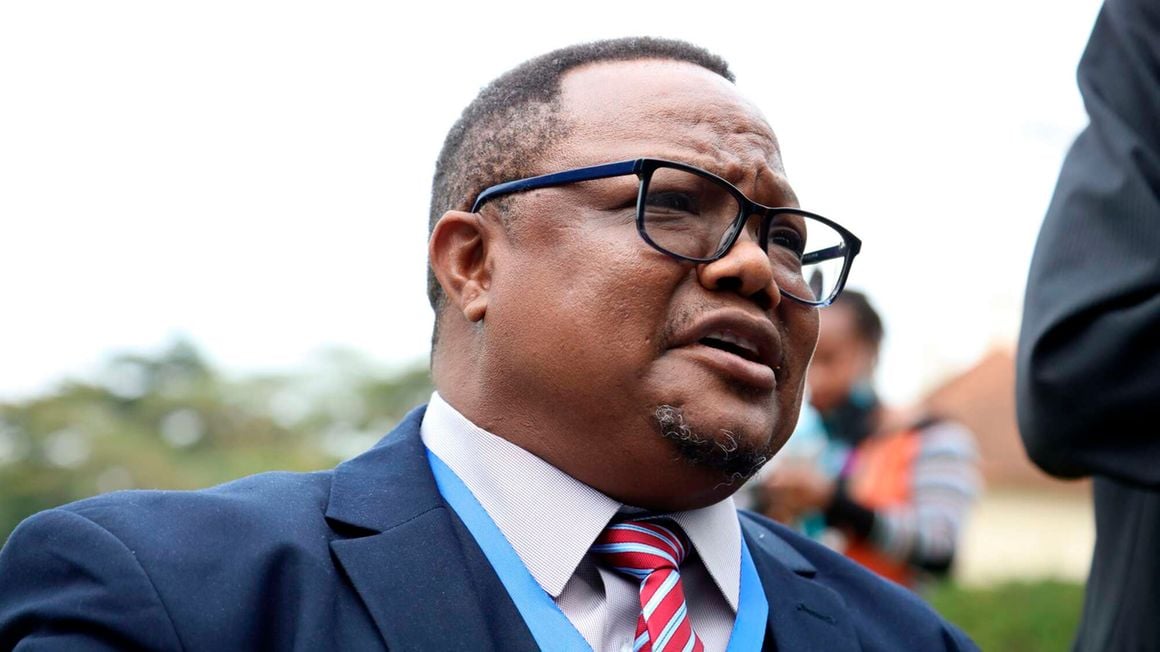Chadema deputy chairman Tundu Lissu who is expected to return from exile in Belgium on January 25. PHOTO | FILE | NMG
Tanzania’s opposition party Chadema and allied movements are planning public rallies to push for review of the constitution after President Samia Suluhu removed a ban on political gatherings.
The rallies, which would be the first legal gatherings in seven years, are meant to refuel the agitation for a new constitution and fire up the parties ahead of next year’s civic elections and the general election in 2025.
There are 19 registered political parties in Tanzania and they are taking advantage of the new political space after President Samia lifted the ban on public political rallies and meetings. Chadema’s first public rally is scheduled for Dar es Salaam.
Chadema deputy Secretary General Benson Kigaila told The EastAfrican that the party will be organising public rallies to push for democracy, rule of law and development agenda in Tanzania.
“We will be co-operating with the government to ensure that Tanzania gets a new constitution before the civic elections in 2024 and the general election in 2025 in a free political environment,” he said.
The party is preparing to welcome back its deputy chairman Tundu Lissu, who is expected to return from exile in Belgium on January 25.
On June 24, 2016, the late President John Magufuli had imposed a ban on public political activities and rallies. President Samia lifted it earlier in January and directed police and other security forces to allow parties and provide security.
According to the president, registered political parties had full rights to organise and hold rallies to discuss political ambitions and criticise her government and criticise the ruling CCM party.
The head of the Baptist Churches in Central Tanzania Bishop Anthony Mlyashimba and the head of the Evangelical Lutheran Church of Tanzania Dr Frederick Shoo have been calling for reforms, and a culture of forgiveness.
Struck conciliatory note
Already, Chadema chairman Freeman Mbowe and the vice chairman of the ruling Chama Cha Mapinduzi Abdulrahman Kinana have struck a conciliatory note.
Chairman of the Civic United Front (CUF) Professor Ibrahim Lipumba said that his party will launching its political public rallies soon.
Police spokesperson David Misime said that police officers were ready to manage the gatherings.
By Apolinari Tairo and Mohamed Issa, The East African






